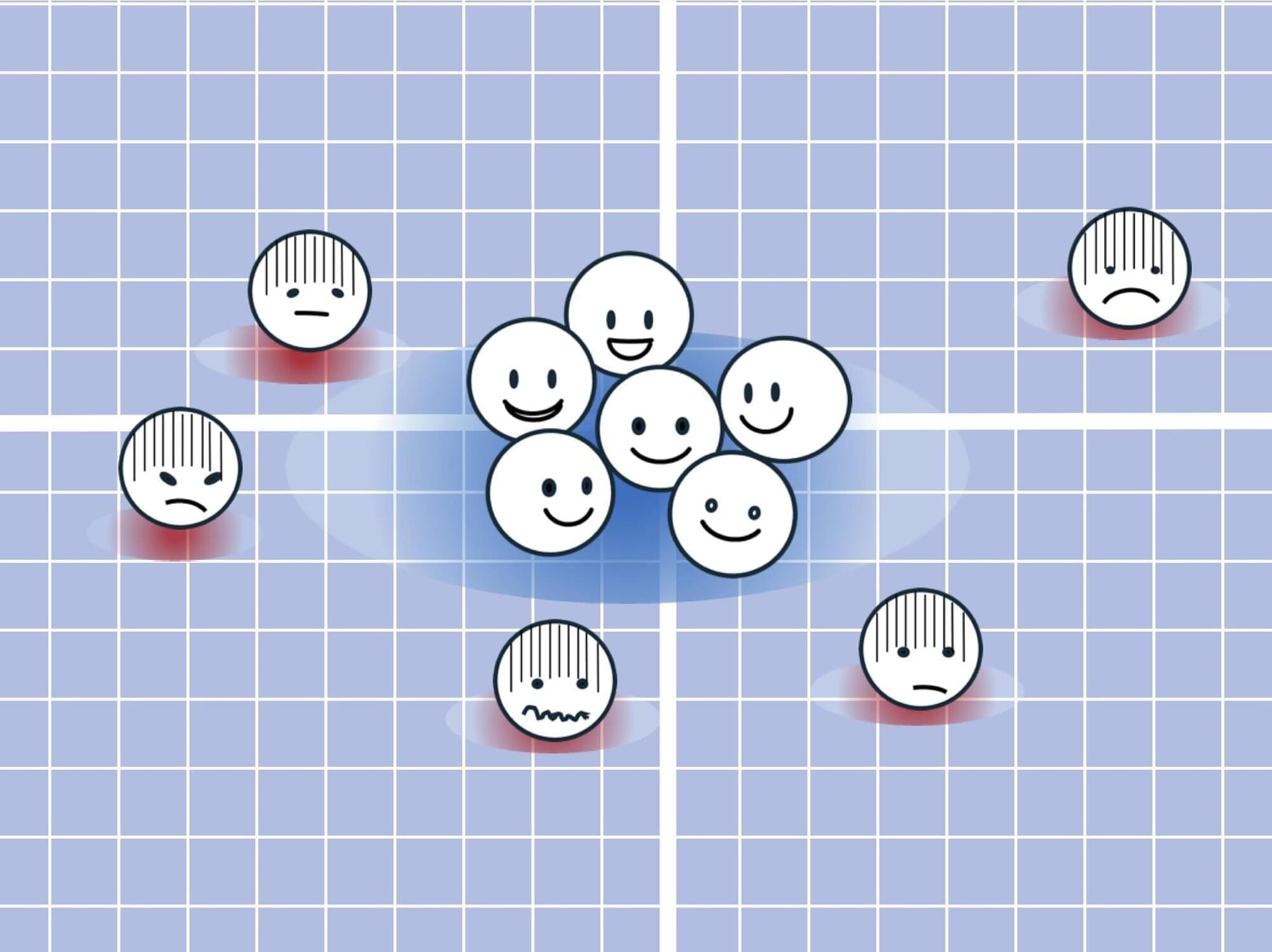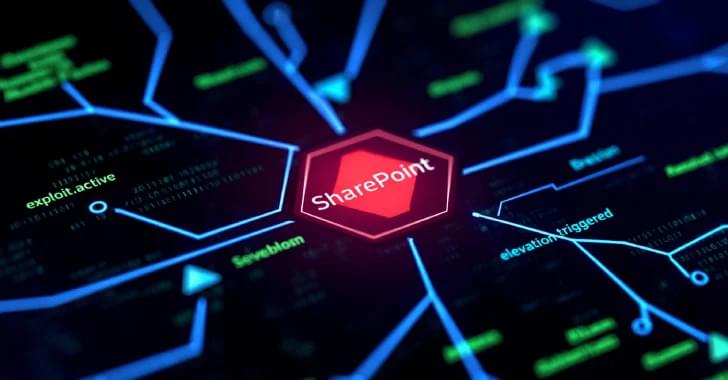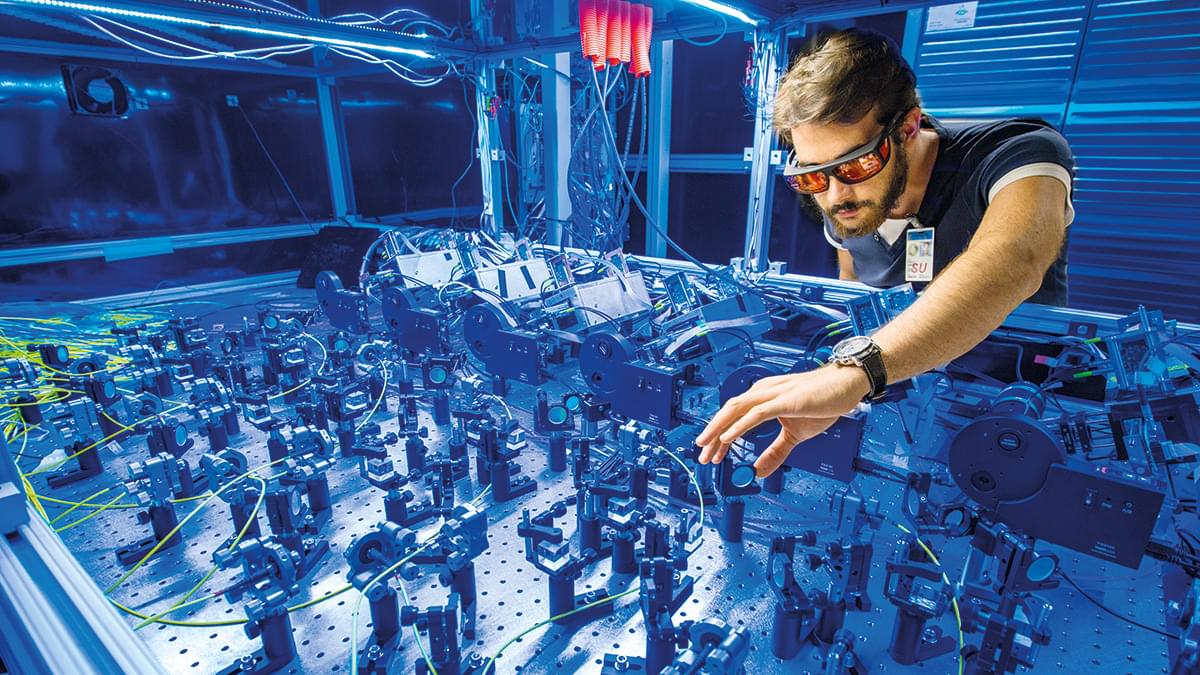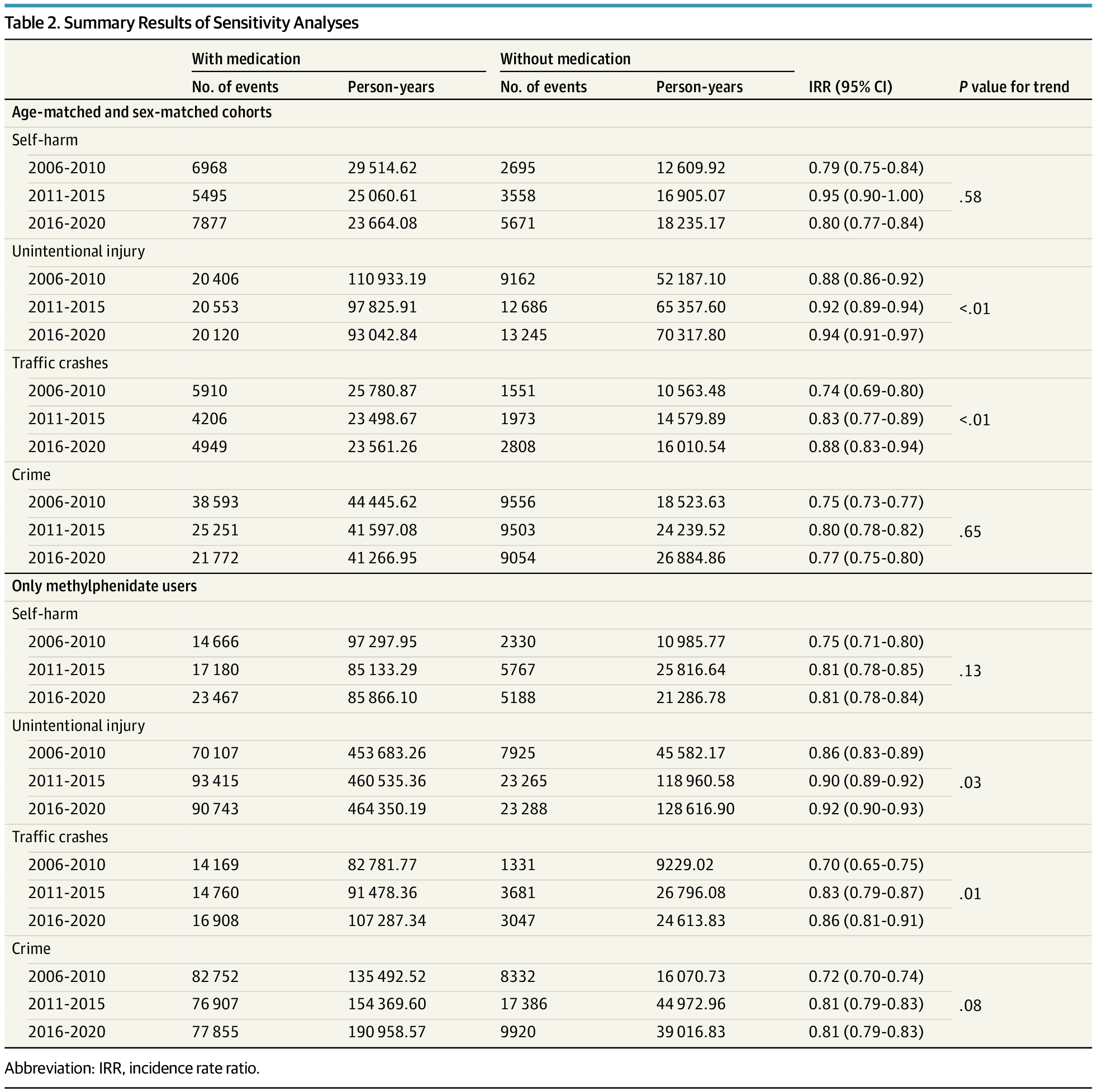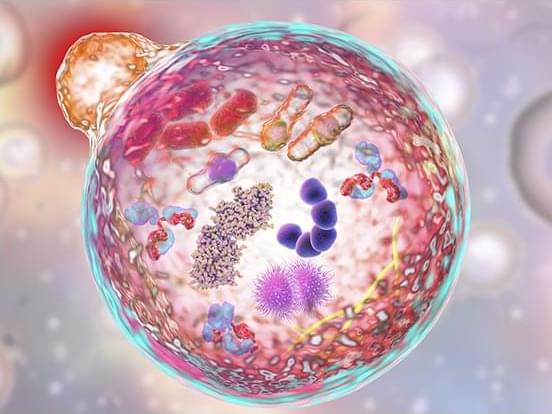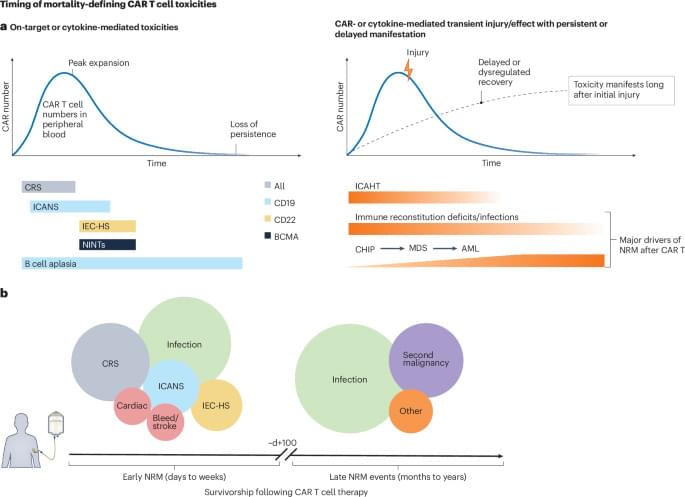When thinking about future events, optimists’ brains work similarly, while pessimists’ brains show a much larger degree of individuality. The Kobe University finding offers an explanation why optimists are seen as more sociable—they may share a common vision of the future.
Optimists tend to be more satisfied with their social relationships and have wider social networks. Kobe University psychologist Yanagisawa Kuniaki says, “But what is the reason for this? Recent studies showed that the brains of people who occupy central social positions react to stimuli in similar ways. So it may be that people who share a similar attitude toward the future, too, truly envision it similarly in their brains and that this makes it easier for them to understand each other’s perspectives.”
To test this hypothesis, Yanagisawa assembled an interdisciplinary team from both the fields of social psychology and cognitive neuroscience. “The main reason why this question has remained untouched until now is that it exists in a gap between social psychology and neuroscience. However, the intersection of these two fields enabled us to open this black box.”
